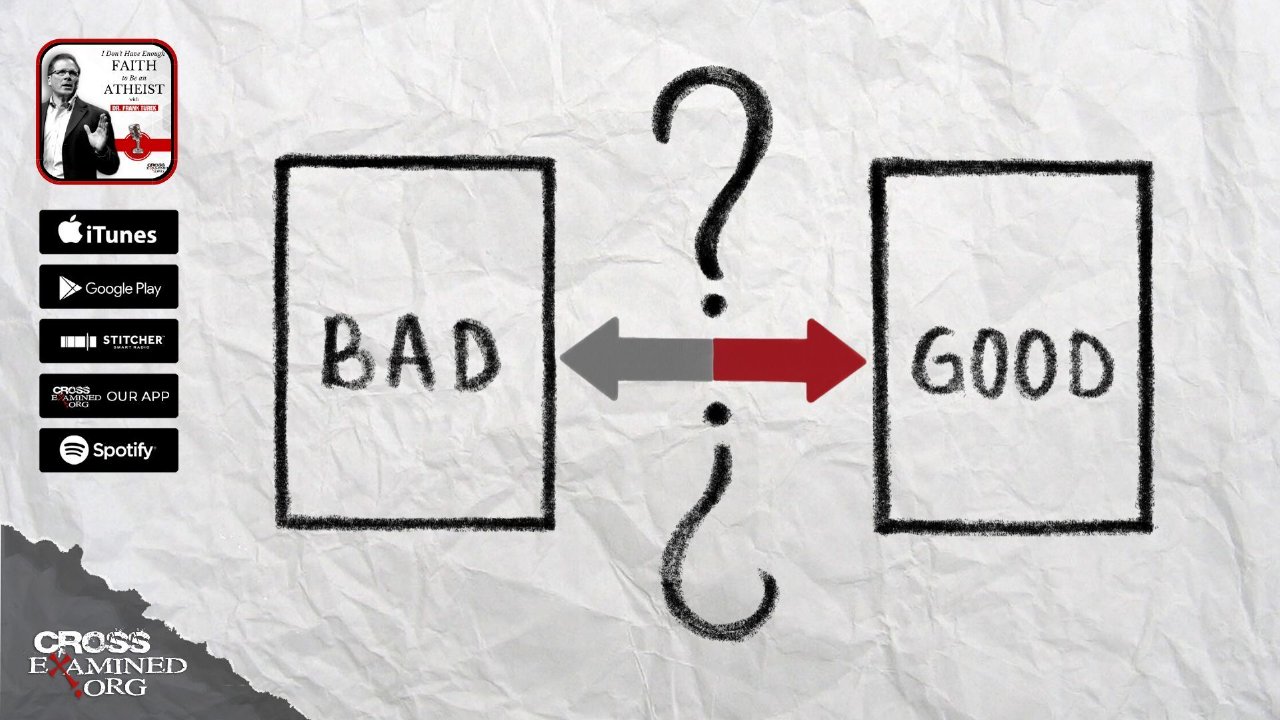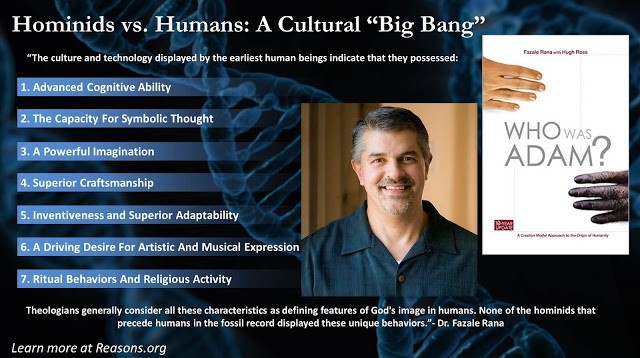Do young women understand how to get to a stable marriage?
Note: in this article, when I refer to women, I mean young, unmarried women who have been influenced by feminism. I do not mean all women, and especially not married women.
My good friend Tom sent me this article from the ultra left-wing Vanity Fair. Tom is a veteran of the brutal New York City dating scene.
The article contains sex and bad language. Reader discretion is advised.
Excerpt:
It’s a balmy night in Manhattan’s financial district, and at a sports bar called Stout, everyone is Tindering. The tables are filled with young women and men who’ve been chasing money and deals on Wall Street all day, and now they’re out looking for hookups. Everyone is drinking, peering into their screens, and swiping on the faces of strangers they may have sex with later that evening.
Tinder is a hook-up app that people use to find people to have sex with, based solely on their photograph.
The article says this:
“Romance is completely dead, and it’s the girls’ fault,” says Alex, 25, a New Yorker who works in the film industry. “They act like all they want is to have sex with you, and then they yell at you for not wanting to have a relationship. How are you gonna feel romantic about a girl like that? Oh, and by the way? I met you on Tinder.”
“Women do exactly the same things guys do,” said Matt, 26, who works in a New York art gallery. “I’ve had girls sleep with me off OkCupid and then just ghost me”—that is, disappear, in a digital sense, not returning texts. “They play the game the exact same way. They have a bunch of people going at the same time—they’re fielding their options. They’re always looking for somebody better, who has a better job or more money.” A few young women admitted to me that they use dating apps as a way to get free meals. “I call it Tinder food stamps,” one said.
Even the emphasis on looks inherent in a dating game based on swiping on photos is something men complain women are just as guilty of buying into. “They say in their profiles, ‘No shirtless pictures,’ but that’s bulls**t,” says Nick, the same as above. “The day I switched to a shirtless picture with my tattoos, immediately, within a few minutes, I had, like, 15 matches.”
And if women aren’t interested in being treated as sexual objects, why do they self-objectify in their profile pictures? some men ask. “There’s a lot of girls who are just like, Check me out, I’m hot, I’m wearing a bikini,” says Jason…
Men talk about the nudes they receive from women. They show off the nudes. “T*t pics and booty pics,” said Austin, 22, a college student in Indiana. “My phone is full of ‘em.”
Although the article, and the women who are interviewed, try to pass themselves off as victims, it’s very clear that they are full participants in this hook-up culture. It’s “fun” for them to be free and independent – no responsibilities, expectations, or obligations from a relationship. They want fun right now, without the leadership of a husband, or the demands of small children.
Feminist writer Hanna Rosin says that this hook-up culture is great:
Some, like Atlantic writer Hanna Rosin, see hookup culture as a boon: “The hookup culture is … bound up with everything that’s fabulous about being a young woman in 2012—the freedom, the confidence.”
The Vanity Fair author comments:
“Short-term mating strategies” seem to work for plenty of women too; some don’t want to be in committed relationships, either, particularly those in their 20s who are focusing on their education and launching careers.
Previously, I quoted a feminist professor writing in the New York Times. She also thought that it was great that women were hooking up with hot guys for fun, but staying focused on their educations and careers.
Here’s Amanda to explain it:
“There is no dating. There’s no relationships,” says Amanda… “They’re rare. You can have a fling that could last like seven, eight months and you could never actually call someone your ‘boyfriend.’ [Hooking up] is a lot easier. No one gets hurt—well, not on the surface.”
Who doesn’t want to have sex? Well, me for one. At least, not till I’m married.
Amanda later explains that she doesn’t want to care because caring would mean that she “somehow missed the whole memo about third-wave feminism.” She has to be independent – able to dismiss responsibilities, expectations, and obligations in order to pursue happiness with education, career, travel, and promiscuity.
I know Christian women who think they are fundamentalists who have this exact same attitude. They think that relationships are somehow compatible with doing whatever they want to do – that doing whatever makes them happy each and every moment will somehow turn into life-long married love.
Why don’t women reject the men who use them like kleenexes? Why is the man’s appearance so much more important than his suitability for the marriage roles of husband and father? Well, feminism tells women that gender distinctions are “sexist,” that chivalry is “sexist,” that chastity is “repressive” because it blocks having recreational sex, that marriage is boring and must be delayed, and that having lots of sexual experience makes you more attractive. They measure men by how the man makes them feel and whether he will be impressive physically to their peers. They aren’t looking for a man who can perform traditional male roles like protector or provider or moral and spiritual leader – because male leadership is “sexist.”
As always, should you, as a young Christian man of some means, desire to get married, then I recommend using my checklist to validate your candidate. I know a lot of women who married without any intention of being a wife and mother. Sometimes, they marry just because their friends are all getting married. If you, as a man, do not check this woman’s reasons for marrying, you may find yourself legally bound to someone who “settled” for you. And who has no intention of respecting you or educating your children.
Recommended resources related to the topic:
Counter Culture Christian: Is the Bible True? by Frank Turek (DVD)
Counter Culture Christian: Is There Truth in Religion? (DVD) by Frank Turek
Is Morality Absolute or Relative? by Dr. Frank Turek DVD, Mp3 and Mp4
Original Blog Source: https://bit.ly/3hIo0V1












